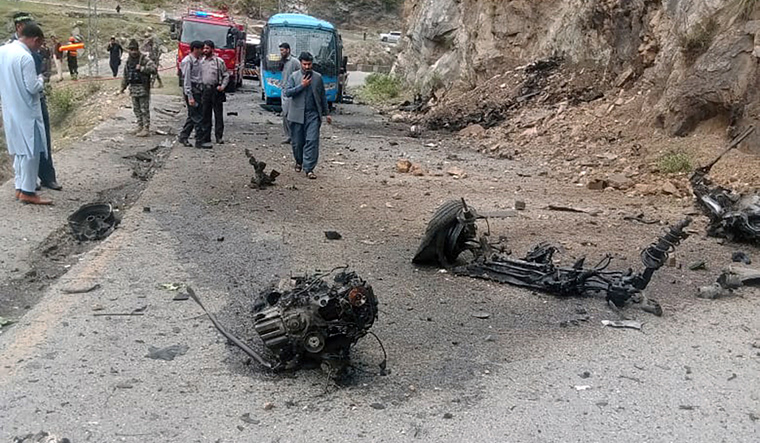Former President of the Supreme Court Bar Association, Amanullah Kanrani, has criticized the portrayal of the Baloch Raaji Muchi event in Gwadar as anti-state and the participation of the people as an act of mischief, calling it absurd.
Kanrani said that the entire population of Pak-occupied-Balochistan is expressing dissent against Pakistan. He said that people from various regions, including Taftan, Koh-e-Sulaiman, Nasirabad, Sariab, Kili Ismail, Khuzdar, Awaran, Lasbela, Kech, Panjgur, and Hub, traveled hundreds of kilometers at their own expense to participate in the peaceful rally in Gwadar. Labeling these peaceful participants as anti-state is unfair, he said.
Kanrani, in a post on X, recognized the Baloch struggle and cheered the women for taking up the tough work of defending the nation.
Patriotism and Privilege
According to Kanrani, those deemed “patriotic” are the ones receiving salaries, vehicles, jobs, and perks from the occupied-state. These individuals cannot step out of their air-conditioned rooms yet are considered the ones serving the nation.
He questioned the Army’s narrative, pointing out that if the majority of the population, supposedly in the millions, have been on the streets for the past two days, how can only a dozen individuals from air-conditioned rooms represent the patriotic segment?
This division is completely incorrect, he said, as all people are filled with love for their homeland. He said that the privileged class is creating rifts between the public and the occupied-state to further their own interests.
Referendum of the People
Kanrani described the events as a referendum between the occupied authority and the people, where peace and the public emerged victorious, while the Pak Army and its forces faced defeat. He highlighted the international embarrassment caused when bus tires were shot at and unarmed peaceful citizens were targeted with bullets. Despite these challenges, the rally took place, showcasing the people’s resilience and determination.










